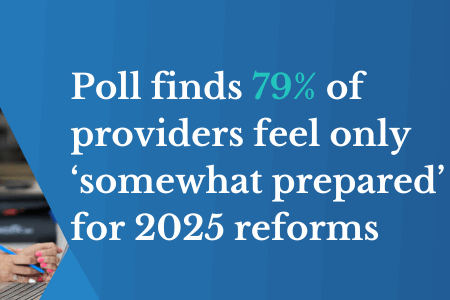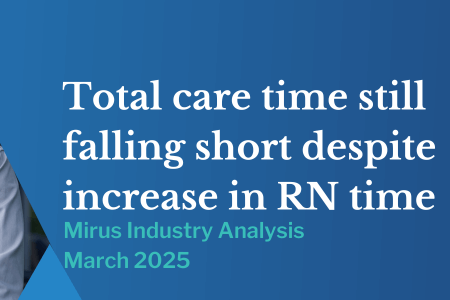Budget brings increased funding for dementia
May 30, 2014 | Aged Care Management
A standout of the new budget has been the boosts to medial research for common diseases and ailments such as heart disease. Dementia has also received a funding increase, with a package expected to be deployed over the next five years.
Dementia has an extremely adverse effect on the lives of elderly Australians, with over 332,000 residents living with the condition and the number expected to climb to 400,000 within the next decade.
It's predicted that 7,400 new cases of dementia will occur each week by 2050, in line with the growing elderly population.
As part of the new budget, an additional $40 million will be supplied throughout the next five years to increase research, with efforts focusing on the treatment of the disease.
To consolidate research and funding, a National Institute for Dementia Research will be founded. Over the course of operations, the institute will be able to identify and coordinate research efforts and transition this into actual policy and care practices.
For a long time, dementia research in Australia has had no clear direction for progressing research, and an institute with a focus will mean faster progress.
Because dementia affects the elderly, it's prevalent in aged care facilities. Any changes that aim to reduce the spread of the diseases and make treatment easier will be welcomed by aged care providers around the country.
Along with the research boosts in other areas, aged care facilities should find day-to-day operations far smoother.
"It is a great relief in what was a tough budget year that the 2012 Aged Care Reform Package has been left largely intact," said Alzheimer's Australia CEO, Glenn Rees AM.
"We also welcome the increased commitment to research through the medical research future fund."
What are the biggest challenges facing the aged care sector? We would love to hear your thoughts. Contact us today.


